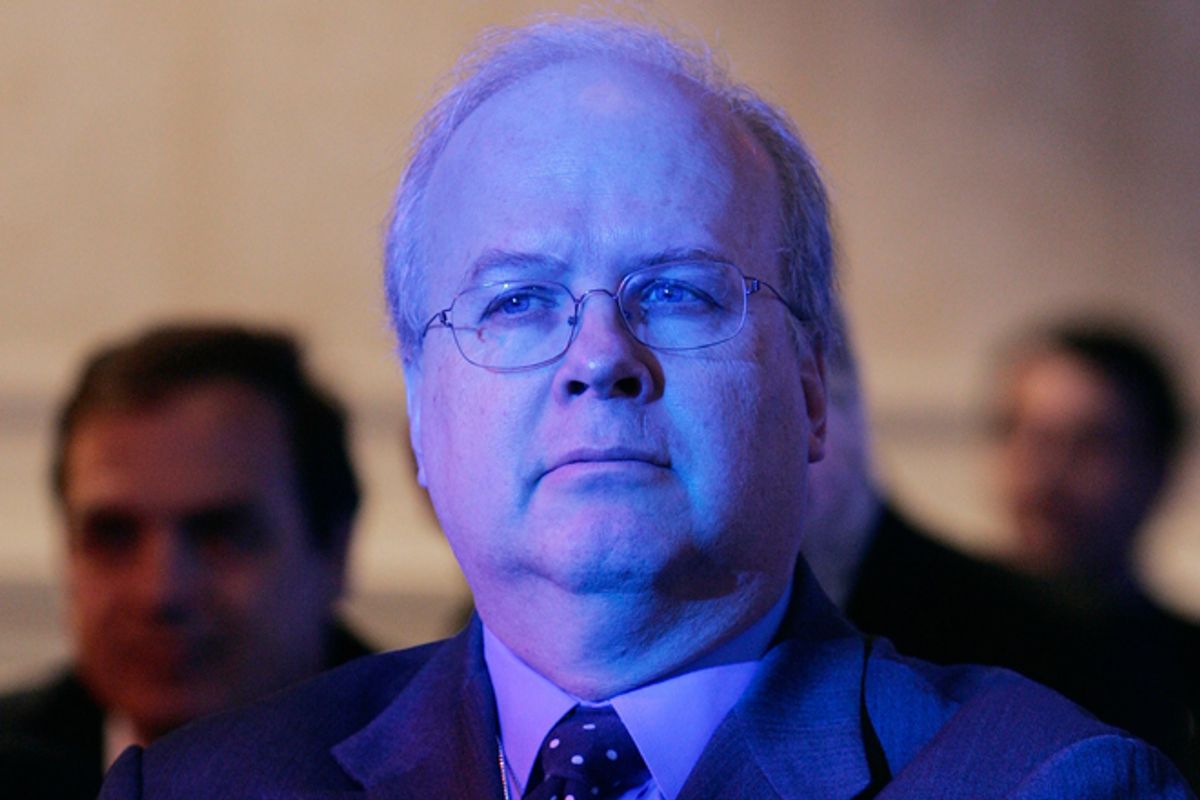 As the never-ending campaign ads demonstrated, the 2010 Supreme Court ruling Citizens United flooded the most recent election with additional money, making it the most profit-fueled presidential election in U.S. history.
As the never-ending campaign ads demonstrated, the 2010 Supreme Court ruling Citizens United flooded the most recent election with additional money, making it the most profit-fueled presidential election in U.S. history.
Now, the Center for Public Integrity (CPI) has put its finger on a figure of just how much more money the ruling ushered in: nearly $1 billion.
According to the records of the Federal Election Commission, $933 million came directly from the companies, unions and individuals who took advantage of Citizens United to funnel money into super PACs. This money overwhelmingly went to paying for the attack ads that made the 2012 election one of the most historically bitter contests, with pundits regularly calling it the “nastiest,” “meanest,” or even “dirtiest campaign in history.”
The FEC records show that about two-thirds of all the Citizens United-fueled money went to ten super PACs or political nonprofits, nine of which focused exclusively on buying media spots and ads for candidates. Of these ad spots, 89 percent were focused on denouncing the opposing candidate, explaining the prevalence of attack ads throughout the contest.
Political consultants have long argued that attack ads are more powerful in swaying voter opinion--and the recent outpouring of money into attack ads offers further evidence of negativity’s success. Many consultants also think, however, that these same attack ads adversely affect the democratic process. In one study, about 75 percent of consultants polled “contend[ed] that attack ads and negative TV advertisements contribute to voter cynicism throughout the campaign season.”
In the wake of the 2012 contest, some Republicans who had been “mauled” by Citizens United-fueled attack ads even came out in opposition of the ruling, even though they had supported it less than two years earlier.
CPI's analysis of the 2012 campaign spending also demonstrated the truth of the widely suspicion that little if any firewall separated super PACs from candidates’ actually campaign. The Federal Election Commission bans coordination between the super PAC and the actual campaign, but the center’s investigation revealed that these rules were easily skirted through the 2012 contest. In some cases, super PACs even shared mailing addresses and offices with the chosen candidate’s own election campaign.
The graphic below lists the top 10 beneficiaries of the Citizens United ruling in the 2012 election -- 9 of the 10 are media buyers, which, as CPI notes, "usually collect a 15% commission of the amount billed."




Shares